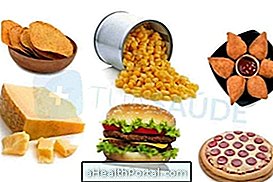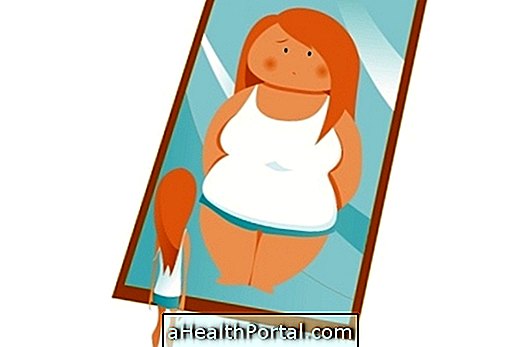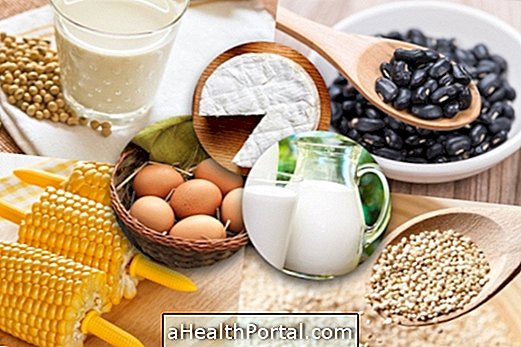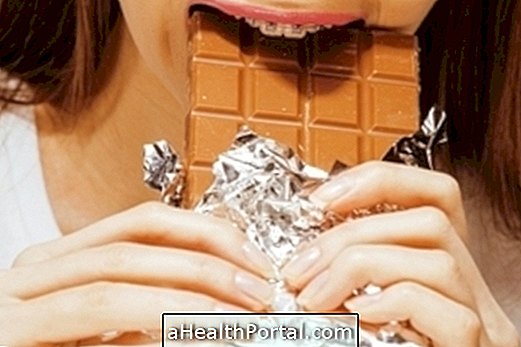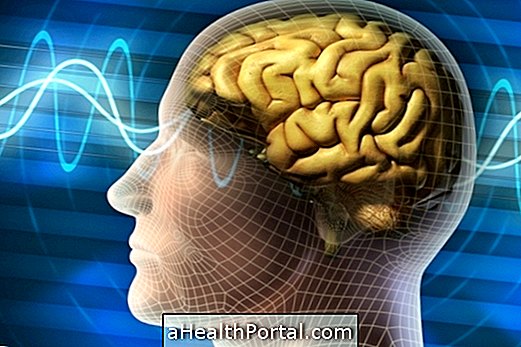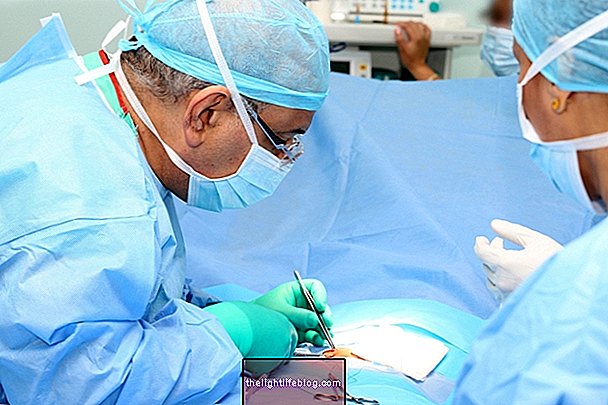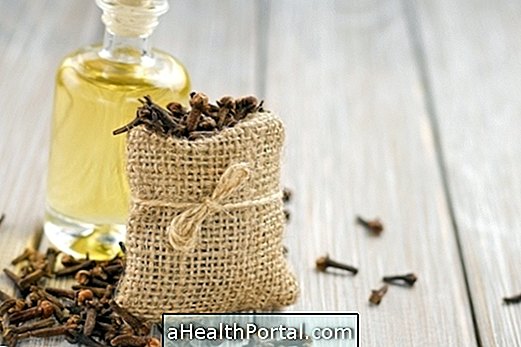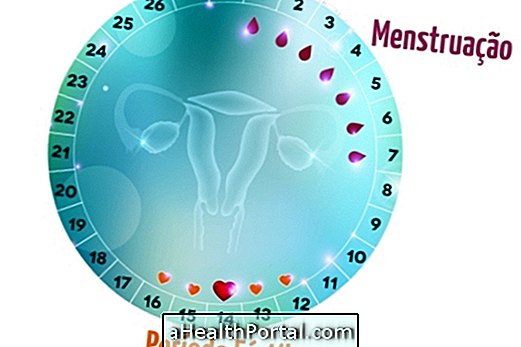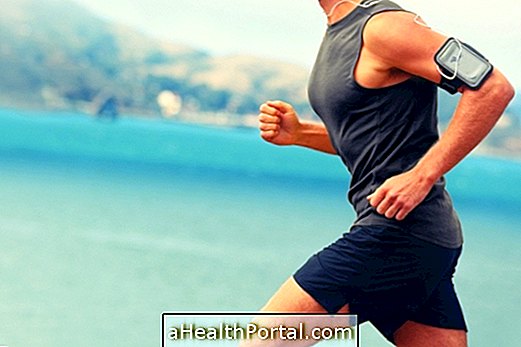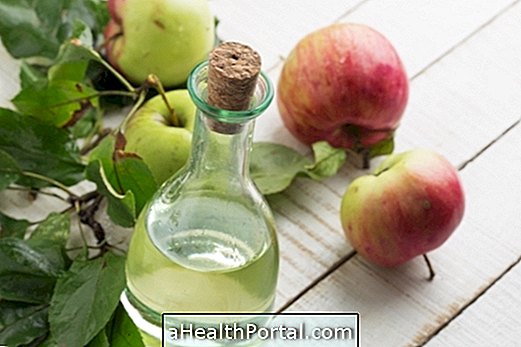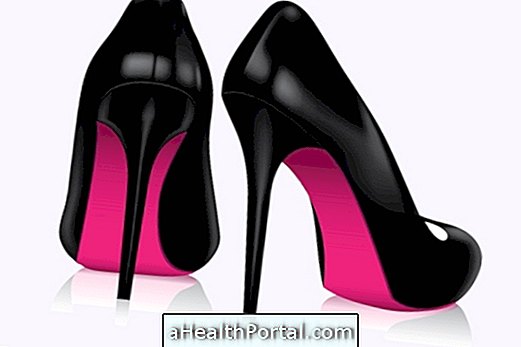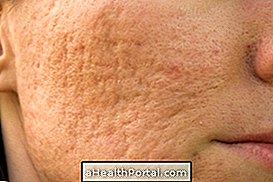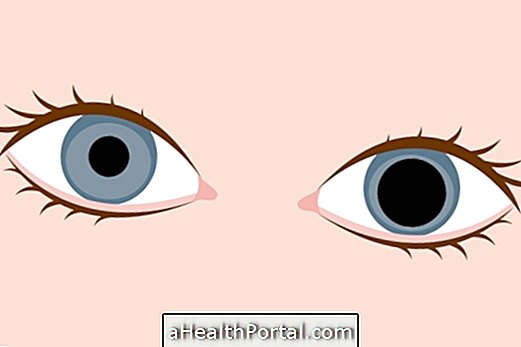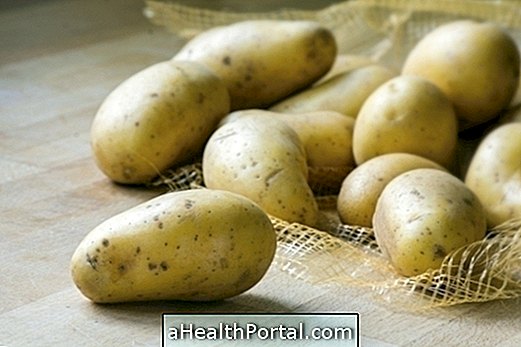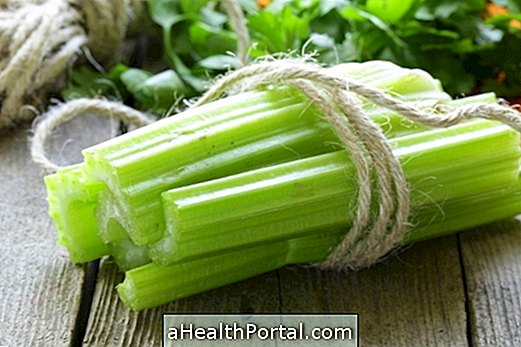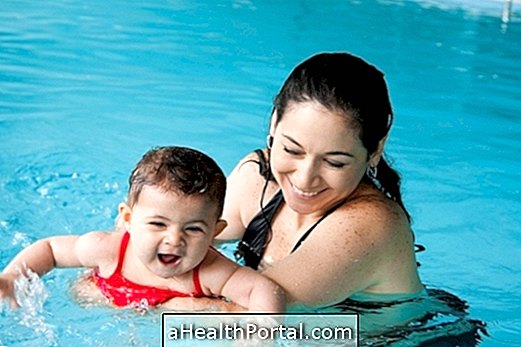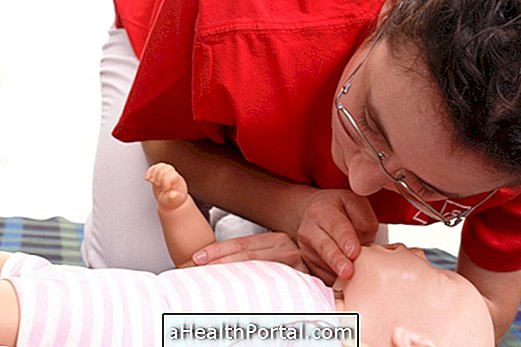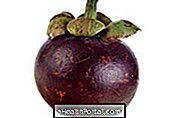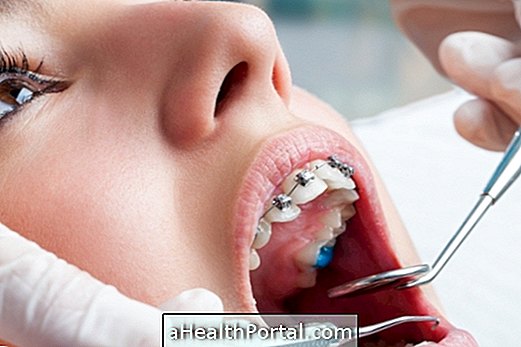The vegetarian should eat iron-rich foods like beans, lentils, prunes, linseeds and kale butter to avoid anemia. In addition, you should use strategies like eating citrus fruits such as orange and acerola together with these foods to increase the absorption of iron or you can bet on the consumption of nutritional yeast to add nutritional value to the diet,
Anemia is a common disease in the whole population, but ovaractovegetarians should be given extra attention because they usually consume many dairy products and derivatives, and the calcium present in these foods decreases the absorption of iron in the body. Learn about the advantages and disadvantages of being a Vegetarian.
Iron-rich foods for vegetarians
The main food sources of vegetable sources of iron are:
- Legumes: beans, peas, chickpeas, lentils;
- Dried fruits: apricot, plum, raisins;
- Seeds: pumpkin, sesame, flaxseed;
- Oilseeds: nuts, almonds, walnuts;
- Dark green vegetables: butter kale, watercress, coriander, parsley;
- Whole grains: wheat, oats, rice;
- Others: cassava, tomato sauce, tofu, cane molasses.
Vegetarians should eat these foods several meals a day to have adequate amounts of iron.
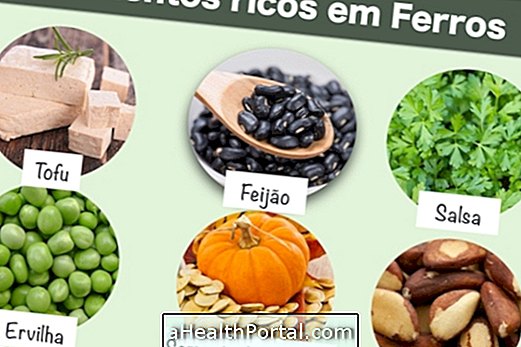
Tips to Increase Iron Absorption
Some tips for vegetarians to increase the absorption of iron in the bowel are:
- Eat fruits rich in vitamin C such as orange, pineapple, acerola and kiwi, along with foods rich in iron;
- Avoid taking milk and derivatives along with foods rich in iron, because calcium reduces the absorption of iron;
- Avoid drinking coffee and teas along with iron-rich foods, as the polyphenols present in these beverages reduce the absorption of iron;
- Eat foods rich in fructooligosaccharides, such as artichoke, soy, asparagus, garlic, garlic and banana;
- Avoid using medicines for heartburn, because the iron of vegetable origin needs the acidic pH of the stomach to be absorbed.
Vegetarians who eat milk and eggs tend to have more iron deficiency than restricted vegetarians because they usually have a high intake of milk and dairy products, which reduces the absorption of iron. Thus, these vegetarians should pay close attention to iron and perform routine tests to identify the presence of anemia. See more on How to avoid the lack of nutrients in the Vegetarian Diet.

Iron-rich diet menu for vegetarians
The following is the example of a 3-day menu of an iron-rich vegetarian diet.
Day 1
- Breakfast: 1 glass of milk + 1 whole wheat bread with butter;
- Morning snack: 3 cashew nuts + 2 kiwis;
- Lunch / Dinner: 4 tablespoons of brown rice + 3 tablespoons of beans + salad with chickpeas, parsley, tomato and watercress + 2 slices of pineapple;
- Afternoon snack: 1 yogurt with flaxseed + 5 wafers Maria + 3 prunes.
Day 2
- Breakfast: 1 glass of yogurt + full morning cereal;
- Morning snack: 4 whole-grain toast with butter + 3 walnuts;
- Lunch / Dinner: 4 tablespoons brown rice + 3 tablespoons lentils + salad with soy beans, kale, tomato and sesame + 1 orange;
- Afternoon snack: 1 glass of natural orange juice + 1 whole wheat bread with cheese.
Day 3
- Breakfast: Avocado vitamin + 5 whole-grain toast with ricotta;
- Snack of the Morning: 5 crackers cornstarch + 3 apricots;
- Lunch / Dinner: Macaroni with noodles, tofu, tomato sauce, olive and broccoli + salad of purple lettuce, tomatoes and raisins + 8 acerolas;
- Afternoon snack: 1 yoghurt + 5 crackers + 6 strawberries.
The vegetarian can also buy products enriched with iron and other minerals, such as rice flour, chocolates and crackers with seeds. Vegetarian diets are also poor in vitamin B12, which is also important in preventing anemia. Here are the symptoms of vitamin B12 deficiency.
Check out some foods you can not even imagine the vegetarian should not eat in this lightweight, fun video by nutritionist Tatiana Zanin:

See more about vegetarian diets in:
- Ovolactovegetarianismo: Know what it is, the benefits and how to prepare recipes
- How to Make the Crudivorous Diet
